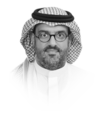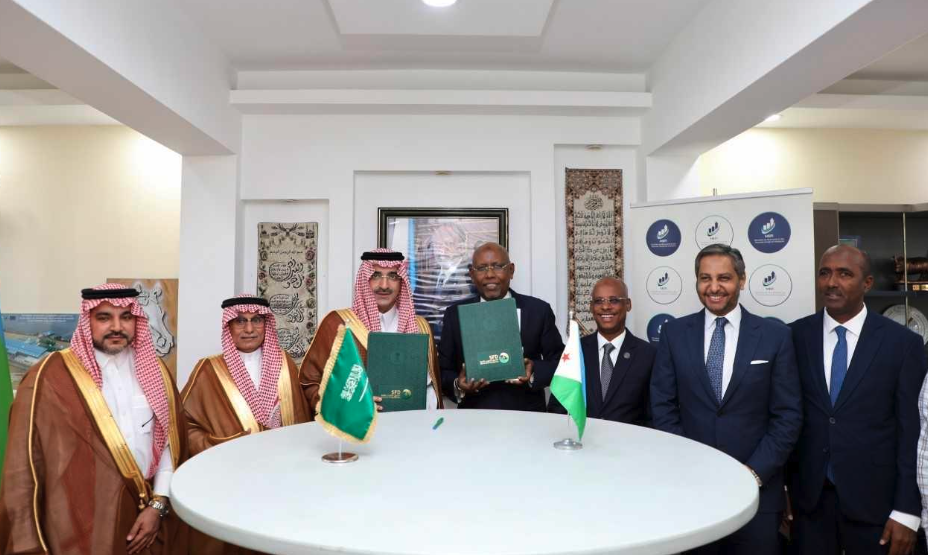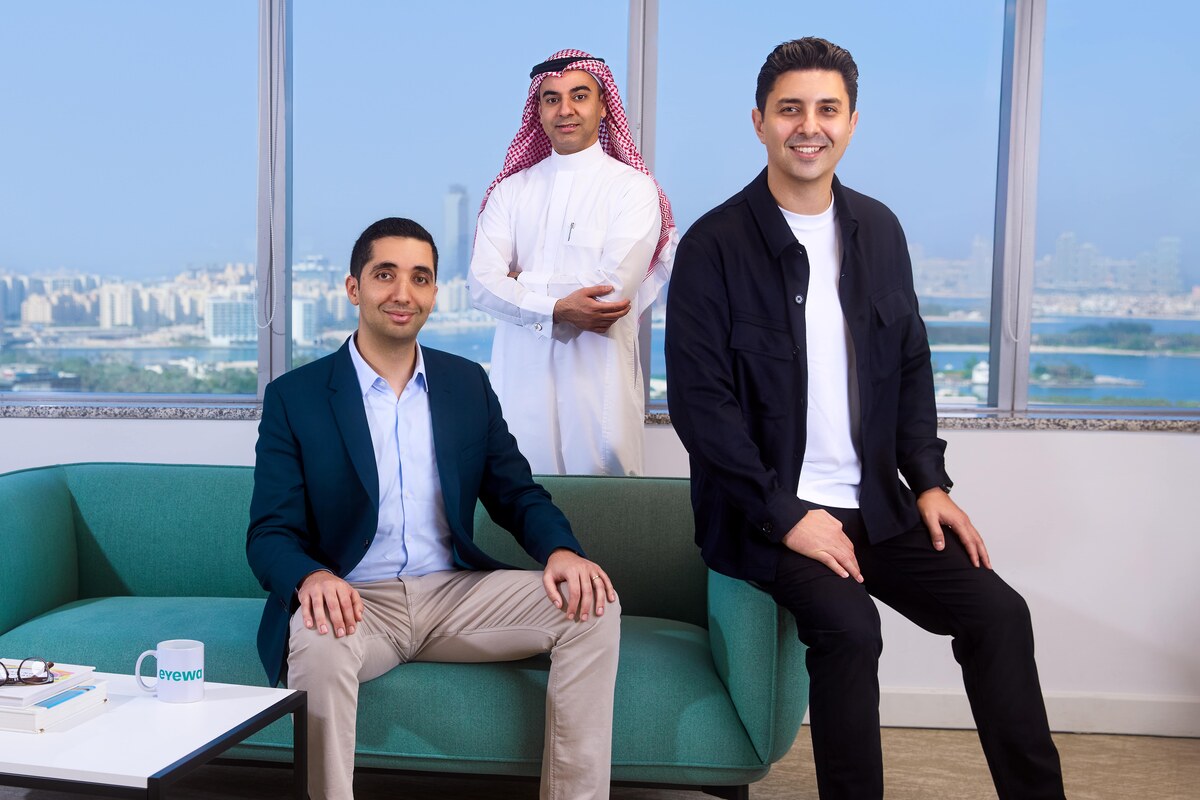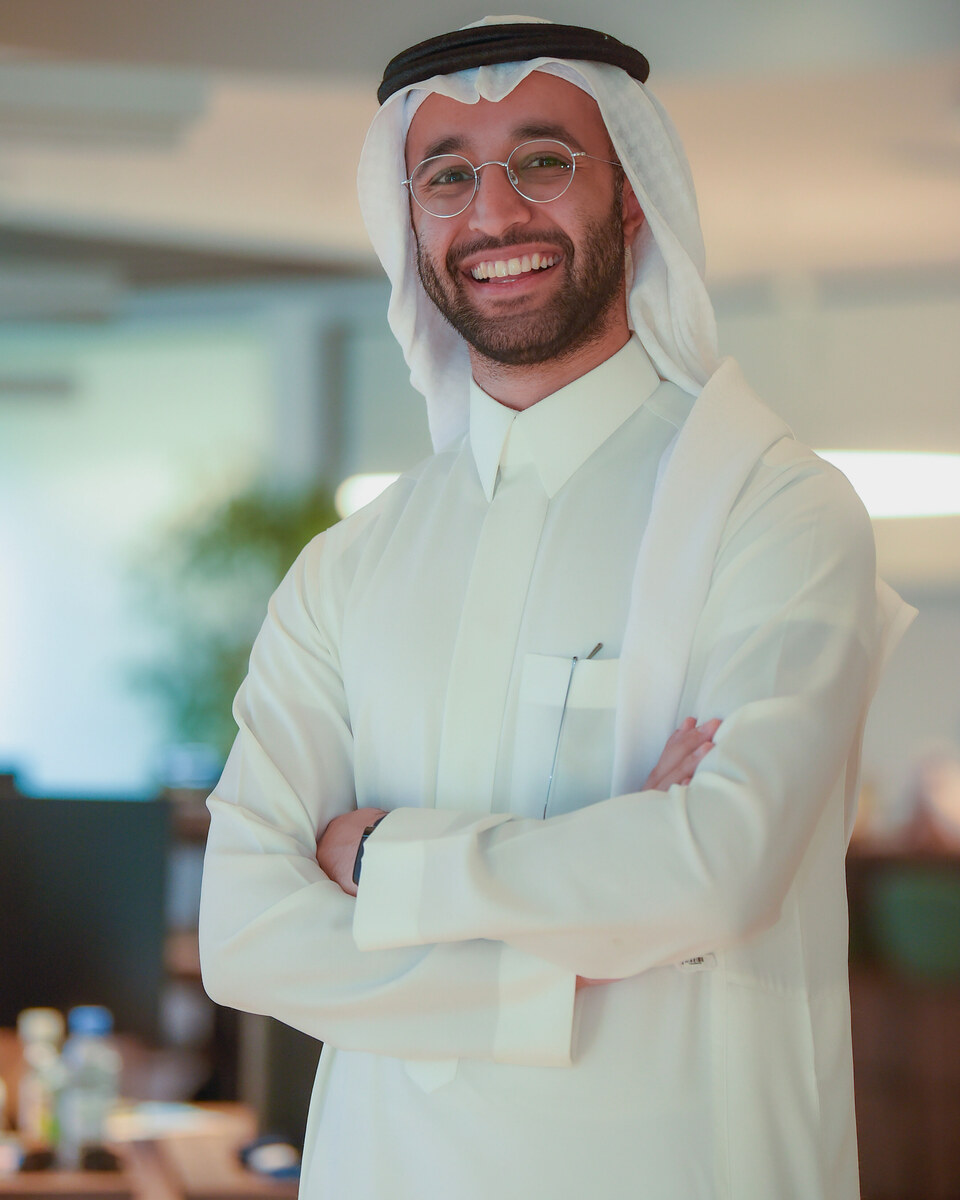AI risks from an Arab world perspective

https://arab.news/4t28r
Imagine a future where machines work alongside us and make decisions that shape our societies, economies and even our daily lives. This is the promise and peril of artificial intelligence as it stands at the brink of transforming our world.
AI is offering unprecedented advancements across various sectors. However, this rapid development also brings significant risks. As the Arab world steps into this new era, it is crucial to understand these risks and their direct implications for our region’s unique context.
Unlike traditional software, which operates within predefined parameters set by developers, making its behavior more predictable and easier to control, AI systems, especially advanced ones, have the potential to make autonomous decisions that can significantly impact human lives, societies and ethical standards.
Therefore, we need to talk about AI values in a way that we do not typically discuss software values.
AI systems, particularly those involving machine learning and neural networks, can evolve and learn from data, leading to behaviors that are not explicitly programmed. Data is a significant factor in the peril of AI systems, particularly regarding value misalignment.
However, it is not the only factor. The overall alignment of AI systems with human values also depends on designing and implementing algorithms, training processes and other technical and ethical considerations.
Most AI systems are developed outside the Arab world, primarily in regions with different cultural, social and ethical values. This can lead to a significant misalignment between the values embedded in these systems and those of the Arab world.
The social and cultural fabric of the Arab world is deeply rooted in community values, ethics and traditions. Introducing advanced AI systems raises questions about their alignment with these values.
Systems developed in the West or in East Asia may not fully understand or respect the cultural norms and values of the Arab world. This can result in AI behaviors or culturally insensitive or inappropriate decisions.
Moreover, AI applications require a deep understanding of local contexts to function effectively and ethically. Without this, systems might make decisions that overlook important regional nuances.
The ethical frameworks guiding AI development in other regions might differ significantly from those in the Arab world. This can lead to AI systems that make decisions based on ethical principles not fully aligned with local values.
To address the potential misalignment, the Arab world needs to invest in local AI research and development to create systems aligned with regional values and contexts. This includes training local talent and establishing research institutions focused on culturally aware AI.
We are not advocating for decoupled AI development. On the contrary, working with international AI developers is paramount to ensure that the systems they create are adaptable to different cultural contexts.
The Arab world needs to invest in local AI research and development to create systems aligned with regional values and contexts.
Mohammed A. Al-Qarni
This collaboration can help integrate local values and norms into global AI systems. Such collaboration would require developing ethical guidelines for AI development and deployment that reflect the values and priorities of the Arab world. Such guidelines can serve as a benchmark for evaluating and adopting AI technologies from other regions.
As the science fiction writer William Gibson said: “The future is already here — it’s just not very evenly distributed.”
AI is the future, so we cannot fight it. Many experts and analysts describe its impact on the economy as akin to electrification and the industrial revolution. This comparison holds substantial merit.
Like electricity and the industrial revolution, AI has the potential to influence virtually every industry. From healthcare and finance to transportation and manufacturing, AI technologies are being integrated into various sectors, transforming how they operate.
AI can automate complex tasks, optimize processes and enable new levels of efficiency and productivity, driving substantial economic growth.
The promise of AI goes beyond traditional industries to enable the development of new technologies and industries, such as autonomous vehicles, personalized medicine and intelligent infrastructure.
The Arab world is undergoing a significant economic transformation, diversifying away from oil. Given AI’s potential, it can play a crucial role in this transition, but also faces the prospect of workforce displacement and economic disparity.
As AI is integrated into industries, managing its adoption to enhance productivity while creating new job opportunities and upskilling the workforce must be strategically managed.
Automation should be balanced with efforts to reskill workers and integrate them into new roles created by AI advancements.
The promised economic benefits of AI must be distributed equitably across different segments of society, preventing widening economic disparities.
These requirements can only be met by developing educational programs that prepare the workforce for the AI-driven future. This includes integrating AI literacy into school curriculums and offering specialized training programs in AI and related fields.
Policies and programs should be developed to support those most affected by AI-induced changes in the labor market. This might include supporting small- and medium-sized enterprises in adopting AI technologies and ensuring that rural and underserved areas can access AI resources and training.
The Arab world’s human capital must be enabled to innovate in the AI space and not remain a passive recipient of globally developed systems, encouraging the development of innovation hubs and ecosystems that support AI research, development and entrepreneurship. This can help drive economic growth and create new job opportunities in the AI sector.
In short, as the Arab world embraces AI’s transformative potential, it is crucial to consider the associated risks from a regional perspective.
By developing robust regulatory frameworks, fostering cultural sensitivity and ensuring equitable economic benefits, the region can harness AI’s potential while safeguarding against its potential harms.
Engaging with global thought leaders and adopting best practices will further enhance the region’s ability to navigate the complex landscape of AI risks and opportunities.
• Mohammed A. Al-Qarni is an academic and consultant on AI for business































